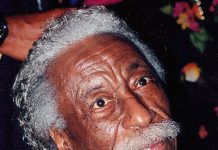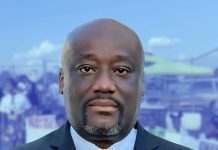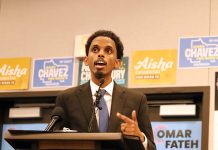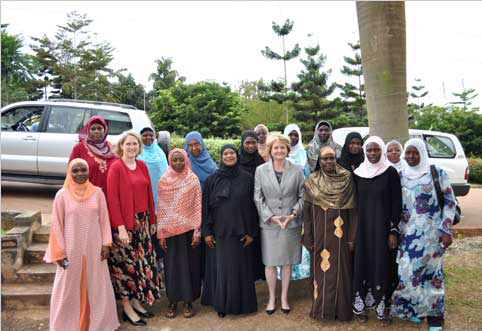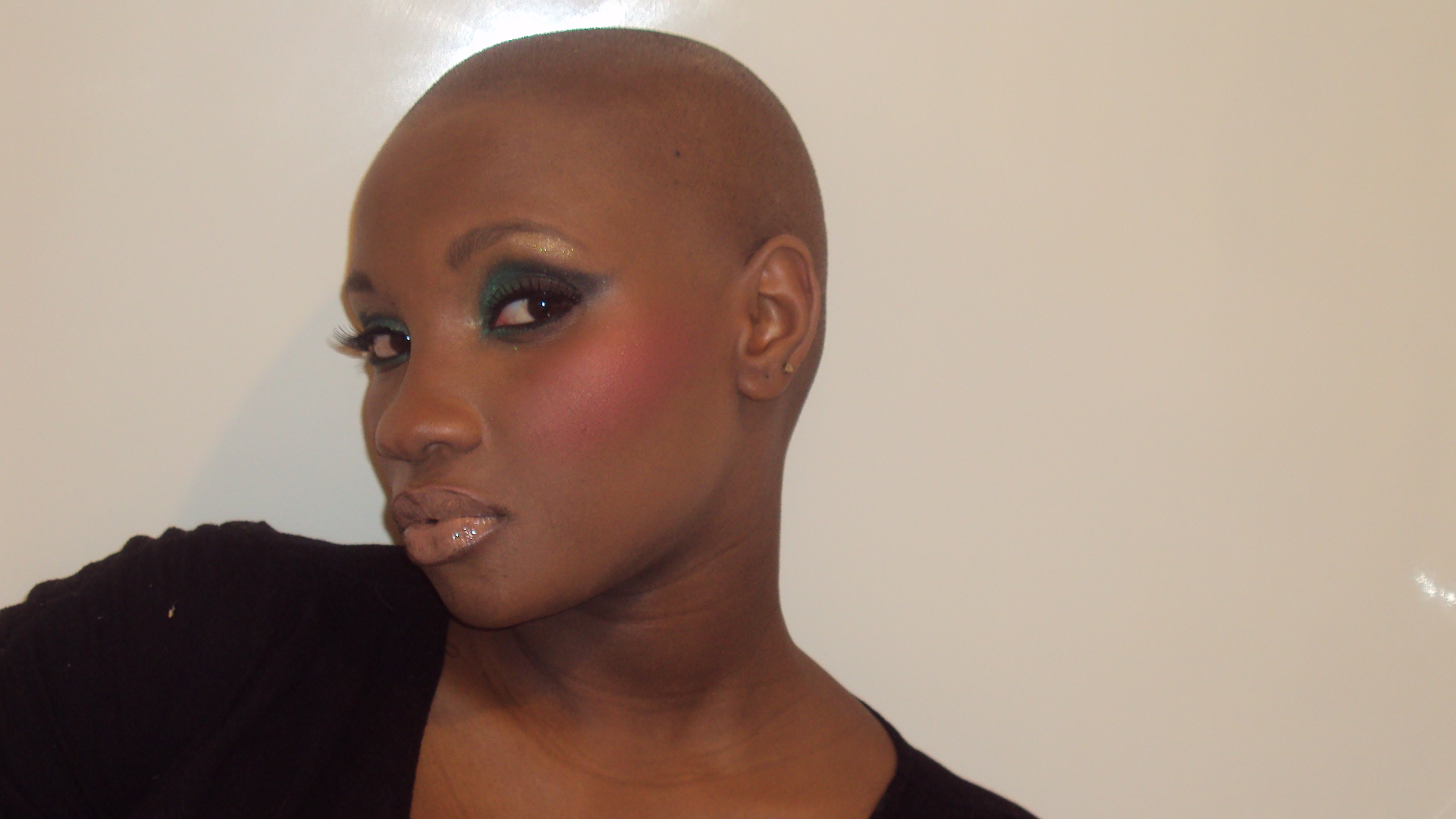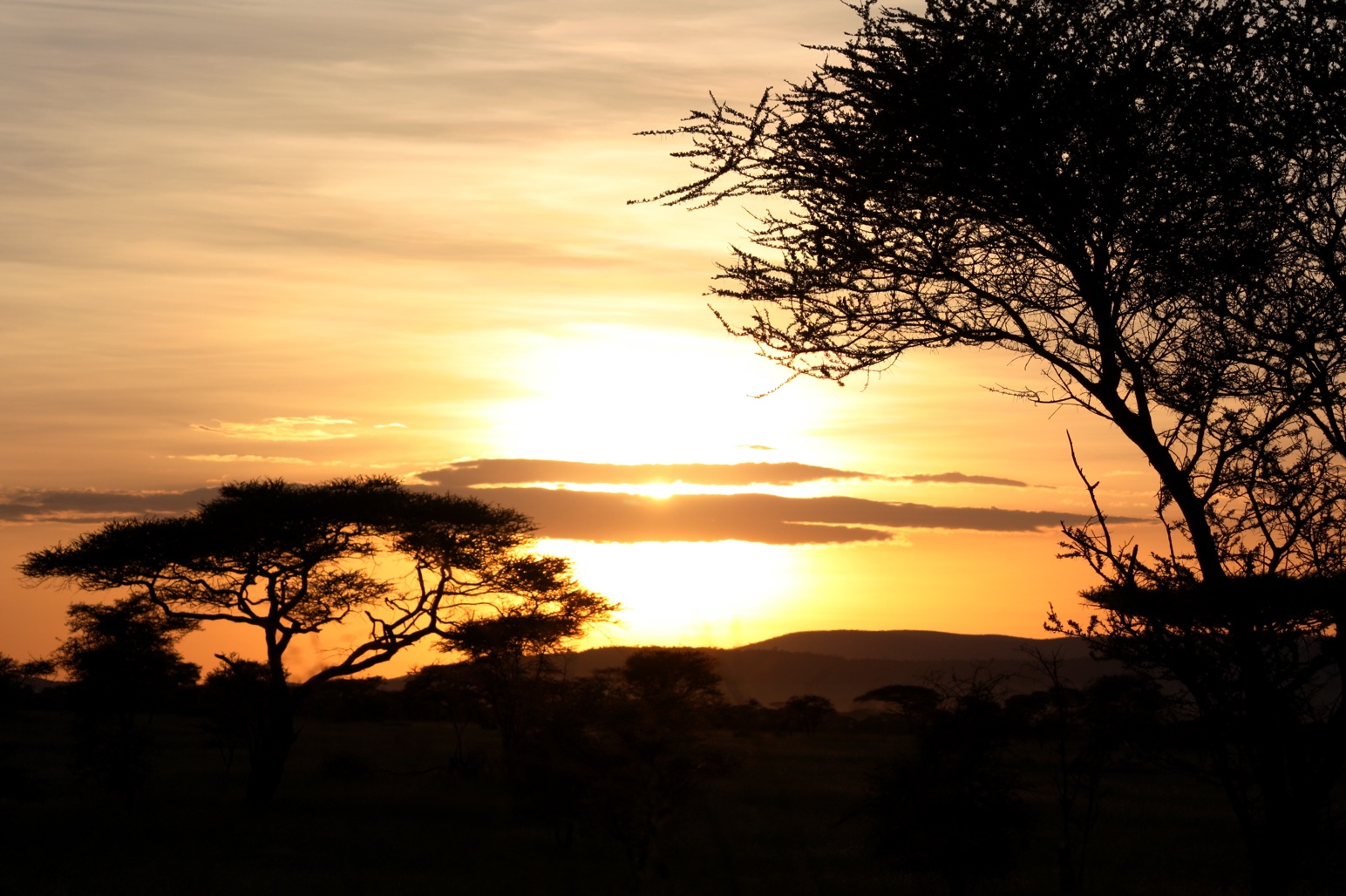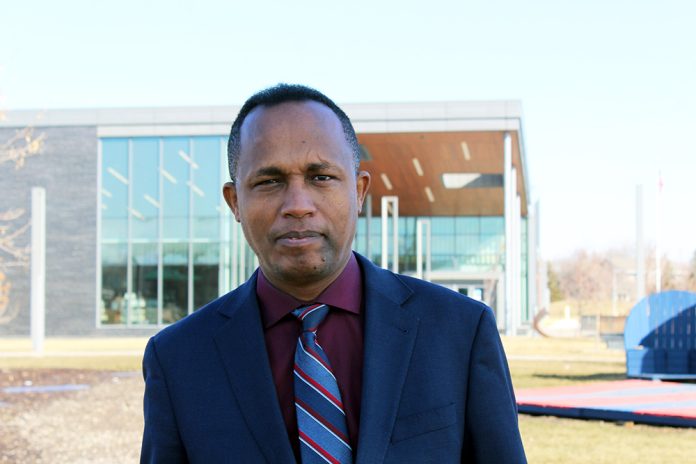
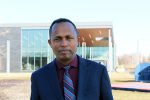
Teshite Wako, an Ethiopian immigrant with over two decades of residence in Brooklyn Park, is making his third bid for a seat on the City Council to represent the Central District. Known by many for his deep commitment to the community, Wako is confident he has the support he needs to seal the deal this time.
“I’ve been listening to the community, and I believe I will make the right choices for them as their city council member,” Wako said.
The seat is currently held by Councilmember Boyd Morson whose term is expiring at the end of the year. Morson has been redistricted to the East District where he will be on the ballot in November.
Wako’s competitors include Steve Antolak, Martino Nguyen, Wole Osibodu, Shelle Page and Ugo Ugonwayi. Because more than two candidates filed to run in the Central District, there will be a primary election on August 13 with the top two vote getters advancing to the November 5 general election.
Wako’s campaign underscores the ongoing need for diverse and experienced voices in local government. He is a member of many boards and organizations as part of his commitment to public service. He says he is seeking to build on his previous accomplishments, going from an advisory role to that of decision maker. He has been a commissioner on the city’s Budget Advisory Committee whose role the city says is to “provide strategic direction to the Council.”
His candidacy promises to continue the momentum toward inclusive policies that benefit all residents, particularly underrepresented communities. With his background in both community advocacy and local governance, Wako says he aims to strengthen Brooklyn Park’s resilience and unity in the face of evolving challenges.
Wako’s career spans multiple roles in the public sector, including urban planning, community development, and public health. Holding a master’s degree in public administration, he has most recently served as a Senior Community Development Specialist. In this role, Wako spearheaded initiatives aimed at improving housing affordability, promoting sustainable development, and enhancing public infrastructure.
One of the key issues he wishes to address on his agenda is that of public safety. Public safety has been an ongoing concern for Brooklyn Park residents for more than a decade. This year, property crimes have been the leading category according to a report documenting crime in the city. Violent crime, while on the decline, still causes anxiety in the city’s neighborhoods.
Another issue is policing. The Police “Scorecard Community Task Force,” appointed by the City Council in 2021, proposed a plan to improve public safety interventions. This list included community-based mental health responses and other strategies to minimize contact with traditional police. Given Black Minnesotan’s unfavorable history with law enforcement, many in the city are on board– and Wako plans to push this reimagined police force forward.
“I’ve lived here long enough to know that a community-driven public safety plan is what we need,” Wako said.
Wako is also interested in addressing the issue of affordable housing in Brooklyn Park. As of 2024, the hourly wage needed to afford a modest two-bedroom apartment in Brooklyn Park is $30.72. This rate is significantly higher than both the state minimum wage of $10.33 and the federal minimum wage of $7.25 (Affordable Housing Online) . Consequently, many residents struggle to find affordable housing within the city limits.
Brooklyn Park has a mix of subsidized and naturally affordable housing options. The city offers several subsidized housing projects which cater to low-income families and individuals. Despite these efforts, the demand for affordable housing exceeds supply, as evidenced by the city’s low rental vacancy rate of 3%, which drives up competition and rents. Wako hopes to help create a Brooklyn Park where quality housing is accessible to all.
“I want to support landlords and tenants to ensure properties are safe, livable, and affordable,” Wako said.
Another issue on his agenda is water quality. Despite the water being safe to drink, Brooklyn Park has some of the hardest water in the state, as stated on the city’s official website, with a hardness of approximately 34-38 grains per gallon. Hard water is known to impact regular tasks such as laundering, dishwashing and bathing. The city currently undergoes weekly water testing by a state-certified lab in cooperation with the Minnesota Department of Health. Water softeners are an option for residents, but Wako believes the situation can be improved.
“Water is a source of life,” Wako said. “The quality of our water is something that needs attention.”
It’s a high-stakes election for this hopeful public servant, considering his two previous losses. But as they say, perhaps “third time’s a charm.”
Early voting is already underway for the August 13 primary. We have an earlier story on how to vote early and getting ready to vote at this link.
About Panashe Matemba-Mutasa, Mshale Reporter
Panashe is a general assignments reporter. She is a graduate of the University of Minnesota and a UC Berkeley Graduate School of Journalism Class of 2025.


